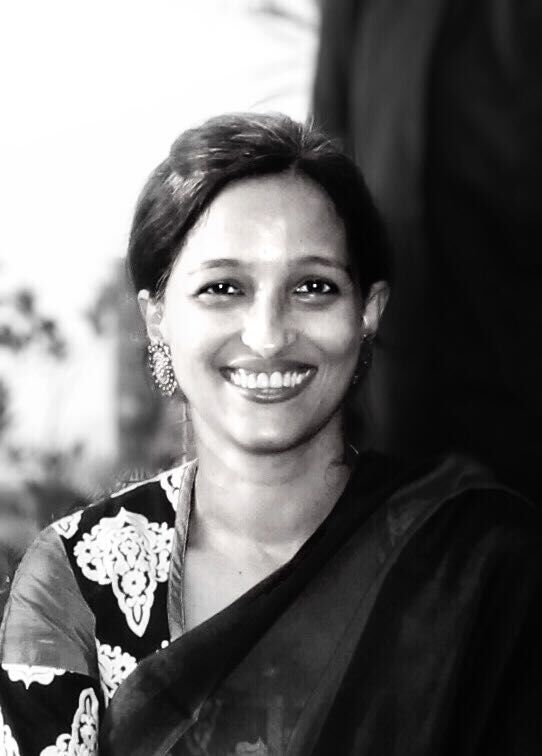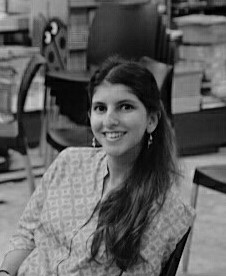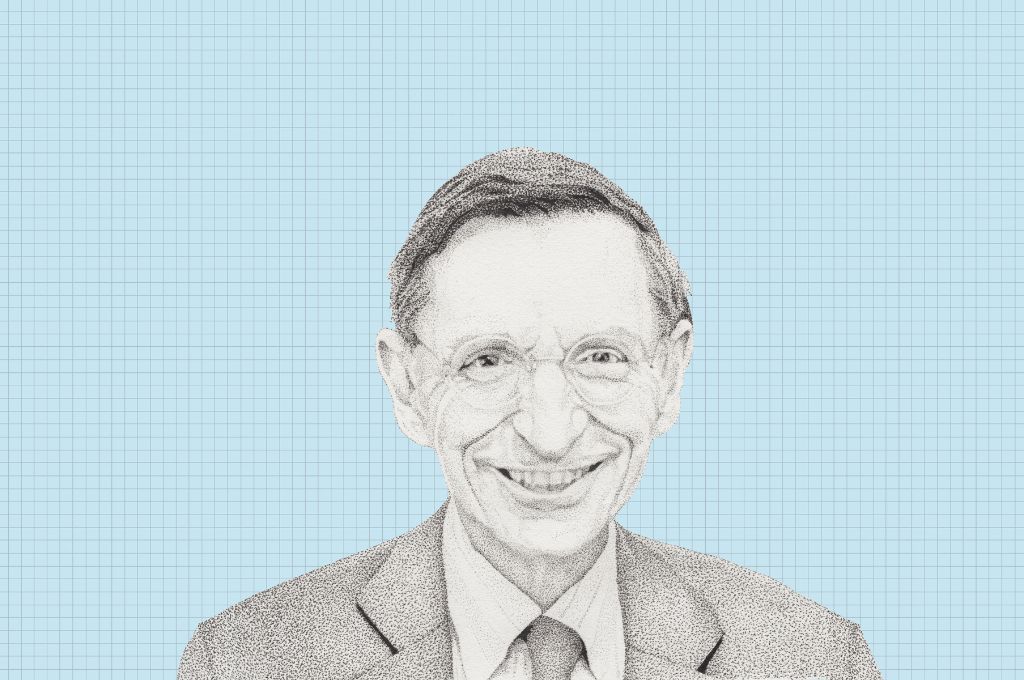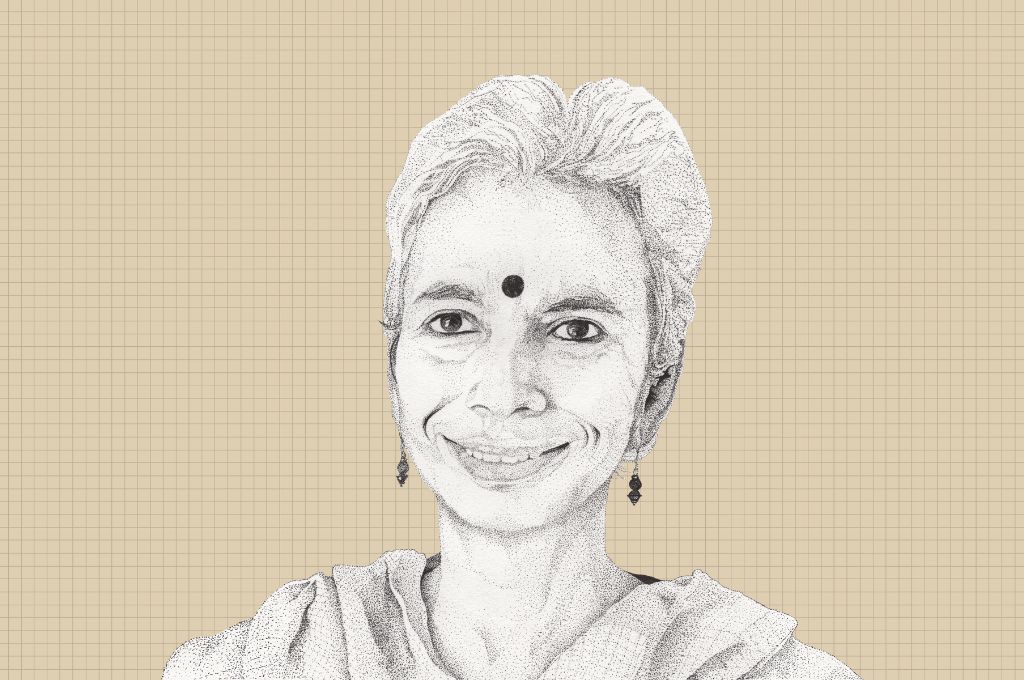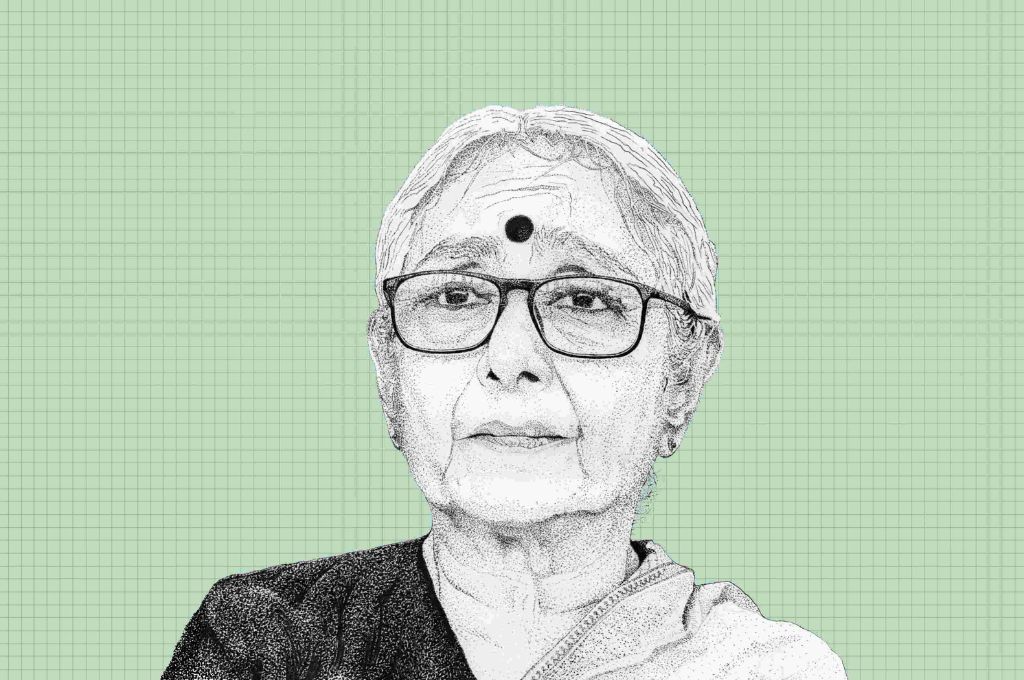Vijay Mahajan is a serial social entrepreneur, policy expert, and development sector professional, acclaimed for his work on rural development, microfinance, and livelihoods. In the early ‘80s, he co-founded Professional Assistance for Development Action (PRADAN) with Deep Joshi. While PRADAN worked on securing livelihoods and rural development, Vijay realised that capital was proving to be a big constraint for nonprofits and the communities they worked with. So, in 1996, he set up BASIX Social Enterprise Group to work on financial inclusion. He is currently the CEO of the Rajiv Gandhi Foundation and Director of the Rajiv Gandhi Institute for Contemporary Studies.
In this interview with IDR, he talks about his journey, the critical role of civil society in building a more humane future, and how the Indian Constitution needs to be re-examined to think beyond the state.
Related article: IDR Interviews | Deep Joshi
Could you tell us about your entry into the sector?
I come from an urban middle-class family. I am a Hindu upper-caste male—an identity I grew conscious of only after I was 50 years old; so, I can say I have been over-privileged. I grew up all over India, and was fortunate enough not to experience poverty personally.
My entry into development work was therefore not driven by a response to something bad that society had done to me. Instead, I was (and still am) deeply committed to building a better society, because the ‘engineer’ in me was revolted by the idea that while we have all the resources and knowledge for every human being to have a decent quality of life and more, at least half of humanity still lives a sub-human life. And that was unforgivable.
The goal to improve the world, make it more humane, more just, was, therefore, well-established early on. I spent the years between 1971 to 1981 visiting voluntary agencies and meeting development activists of all hues, while also studying at IIT Delhi and IIM Ahmedabad, and working in between. The question I kept grappling with was—what could I do to make the world a more humane place? The answer I got was that I should help poor people with securing their livelihoods.
By 1982, I was ready to work full-time in development. So, my second entry into development was PRADAN, the nonprofit I set up in 1982. It was born out of the view that professional (technical and management) assistance was needed for more effective development action. The ‘how-to-do-it’ partly followed my educational trajectory. When I was in IIT, I thought technology was the answer to most of our problems. Later, when I went to IIM, I added management to the solution box. Fortunately, I’d had enough exposure to the social sciences and voluntary organisations to include participation by the community as part of good management.
It’s not possible to do development at scale unless civil society institutions learn to deal with political economy.
After working with the rural poor for seven years, I realised that nonprofits were doing good work but were dependent on funds and survived from one grant to the other. I began to search for a more sustainable way of doing livelihoods related work. That led me to the world of microfinance.
During my work with PRADAN, I had come to realise that capital (in the form of credit) was the biggest constraint. But I had also learned—through working with the government’s IRDP loan programme—that credit was a necessary but not sufficient condition for livelihood promotion; it also needed skills training, input linkages, marketing, and handholding.
Thus, when I made my third entry into development work by founding BASIX in 1996, it was based on the belief that the triad of capital (microfinance), applied knowledge (agriculture, technology, social science, management), and policy (institutional development), would offer a comprehensive answer for sustainable livelihood promotion. This was reflected in BASIX’s corporate structure which had one entity for each of these functions.
Fifteen years later, even as the BASIX Group was serving over two million poor households sustainably, the Andhra Pradesh Microfinance Ordinance of 2010 destroyed the microfinance sector. The root of this was political rivalry between various leaders and parties. I had known all along that there’s a political economy that surrounds everything in India. But it was in 2010 that I realised that it’s not possible to do development at scale unless civil society institutions (CSIs) learn to deal with this political economy.
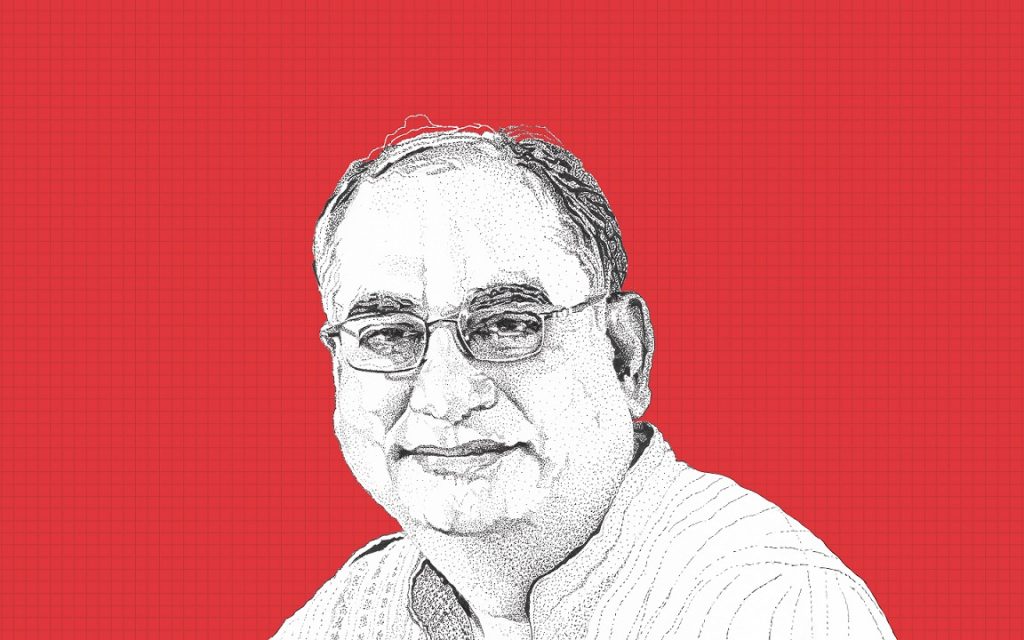
Illustration: Aditya Krishnamurthy
Could you explain the concept of ‘political economy’ in greater detail?
For me, political economy is defined as the prevailing pattern of control over resources—both tangible (like land and capital), as well as intangible (like knowledge and culture). In its extreme, it can become authoritarian hegemony. When an attempt is made to dislodge this pattern, naturally, those in control resent it, resist it, and can get quite violent about it. The only acceptable way to change the pattern is through democratic processes.
However, the quest for social justice and greater equality is so deep among human beings that, sooner or later, the powerful will have to give way. The process is very torturous, but there’s no doubt in my mind about both the direction and the final outcome. Thus, we CSIs should stick to our objective of building a more humane society.
At the moment though, it doesn’t seem as if it’s headed in the right direction; aren’t we seeing inequality get worse?
It might appear that way now, but if you take a historical view, we are far more equal today than we were 400 years ago, both in India as well as the world. But there are worrying trends. For instance, the concentration of capital in the hands of a few. In a sense though, it really is about the concentration of decisions about that capital, and the influence the few possess on how those trillions of dollars are deployed. This influence spills over into the political realm and after a while it becomes a plutocracy—the rich ruling in the name of democracy, controlling both political parties and the government.
To counter the twin power of government and business over individuals, we need a third force—vibrant civil society institutions.
To counter the twin power of government and business over individuals, we need a third force—the community of individuals, citizens and consumers—organised around various issues; in other words, vibrant civil society institutions or CSIs, a term in which I include nonprofits, community associations, people’s movements, trade unions, and social enterprises. I also include academia and the media in my definition, because they must remain independent of the state and market institutions.
We must strengthen the position of CSIs to ensure that society continues to evolve in a positive way. And in the process, refashion the current institutional political economy to be supportive of this.
Related article: India’s Constitution needs to recognise civil society
What will it take to make that happen?
I am trying first to conceptually address how to refashion the role of civil society institutions. Part of the flaw is in the way we have drafted our Constitution. It’s a fabulous document, an amazing piece of idealism and social engineering, but after saying ‘We the People’ in the Preamble, the rest of the document is entirely about the state and what it shall do. There’s no recognition that the ‘idea of India’ cannot be realised only by the state.
The people who drafted the Constitution were erudite and experienced, but they must have thought: All those years under the British we didn’t have state power; now that we suddenly have it, we should chart out how to handle it well.
The fact, however, is that, the freedom movement was actually a social movement. Almost everybody who was a politician, was first and foremost a social worker in the freedom movement: Tilak, Gokhale, Gandhi, Nehru, Patel, Azad, everyone. The country’s freedom struggle was embedded in the CSIs of that era.
There was also support from the world of business. In addition to the well-known names—Jamnalal Bajaj, Ghanshyam Das Birla, the Tatas—the freedom movement was also micro-financed in large part by the mercantile class. But neither the role of business, nor that of civil society has even been thought about or mentioned in the Constitution. As a result, we’ve become a state-ist nation. I don’t think that was the intention, but we need a serious course correction today.
When the chips are down, when society is in deep trouble, it looks to CSIs. But when it comes to business as usual, CSIs are sidelined.
Look at what’s been happening since late March, when lakhs of migrant workers in big cities started going back home, many just walking for kilometres on end. There has been an occasional distribution of meals by some political parties, a few corporate efforts, and many government camps. However, a large part of relief operations during this crisis is being led by CSIs. In some states, as much as 90 percent of all relief has been delivered by nonprofits.
So, when the chips are down, when society is in deep trouble, it looks to CSIs. But when it comes to business as usual, CSIs are sidelined—dwarfed and squeezed by the government and business in terms of reach and resources.
We must not allow that to happen post-COVID-19. CSIs are the ones with their ears close to the ground. They are the seismographs of society. They give early warnings for major catastrophes that can happen. They are also the nursery bed of innovations—most social innovations have emanated from CSIs, though they have been later scaled up or supported by government or business. Above all, CSIs—nonprofits, academia, and media—play the role of conscience-keeper and truth-teller.
These roles cannot be put into the genetic code of either the institutions of the state or the institutions of the market. For its own survival, society needs to understand that by undervaluing CSIs in the 20th century—the first half in favour of the state, and the second half in favour of the market—society has actually hurt itself badly.
For this to happen, civil society must have a voice? How can we ensure that?
I am disappointed that every time I’m in CSI gatherings, people spend their time talking about amending clauses of the FCRA, or the CSR provisions in the Companies Act to make life easier for their organisations. Sure, we need to work on these issues, but the bigger picture needs to be repainted and reframed. Society needs to be convinced of the importance of CSIs and their central role in building a better, humane future.
And for this to happen, we will have to begin with the world of ideas. That is why my definition of CSIs includes academia and media, including art and culture.
Academia is about ideas: evaluating the past, analysing the present, and imagining the future. If ideas are under the control of either state or market institutions, it’s a bad sign. Likewise, the media and culture are not just about dissemination, but also making meaning of raw events through journalism, or raw experience, through literature, art, or film. Neither of these should be controlled by the state or market institutions. Nonprofits and social activists must therefore forge an alliance with academia and the media to evolve a new set of ideas for how to improve the human condition.
We should also work to get the Constitution amended—starting with the Preamble—and recognise that ‘We the People’ can express and assert ourselves only through organised CSIs. This may sound completely impractical, but it has only been 70 years since a group of 389 people sat in the Parliament building, and came up with that incredible document of social engineering. The time has come again for a serious re-engineering of the Constitution—conceptually, as well as practically. CSIs must be given a more salient role to ensure that society evolves in the right direction.
Related article: The challenge for civil society
What can be done to allow civil society to perform the roles that it is meant to?
We need to encourage societal learning. This requires setting new norms and practicing them. Consider livelihood finance: The earlier norm was that banks would rarely lend to the poor, and when they did, the poor rarely repaid. To break this cycle, CSIs invented microfinance and millions have been getting and repaying almost 99 percent of their loans. On the non-financial side, look at cleanliness. Indore became the cleanest city in India and has been so for the last three years. More than 22 lakh people changed their behaviour to make this happen. I’ve seen this type of behavioural change happen in several cases, so I know it can be done, and at scale.
CSIs also need to learn to collaborate with the institutions of the state and those of the market. In both the examples given above, such collaboration was a central aspect for the success of these programmes. Leaders from state and market institutions need to listen to and collaborate with people from CSIs. We need to go back to the glorious tradition of our freedom movement, where political leaders, business leaders, and CSI leaders all worked together for a common goal.
Unless we all learn to collaborate with mutual respect, we can be sure that we will leave this world a worse place for our next generations. And that would be the opposite of the objective for which I came into development work—“to improve the world, make it more humane, more just”.
—
Know more
- Hear more from Vijay Mahajan on his experiences with setting up PRADAN in this episode of ‘The Transformers’, a series of interviews with civil society leaders.
- Read about how civil society can win a rightful place in building the vision of India laid down in the Preamble of the Constitution.
- Learn more about the microfinance crisis from Vijay Mahajan and Ajit Kanitkar, who share their views on the issue here.


